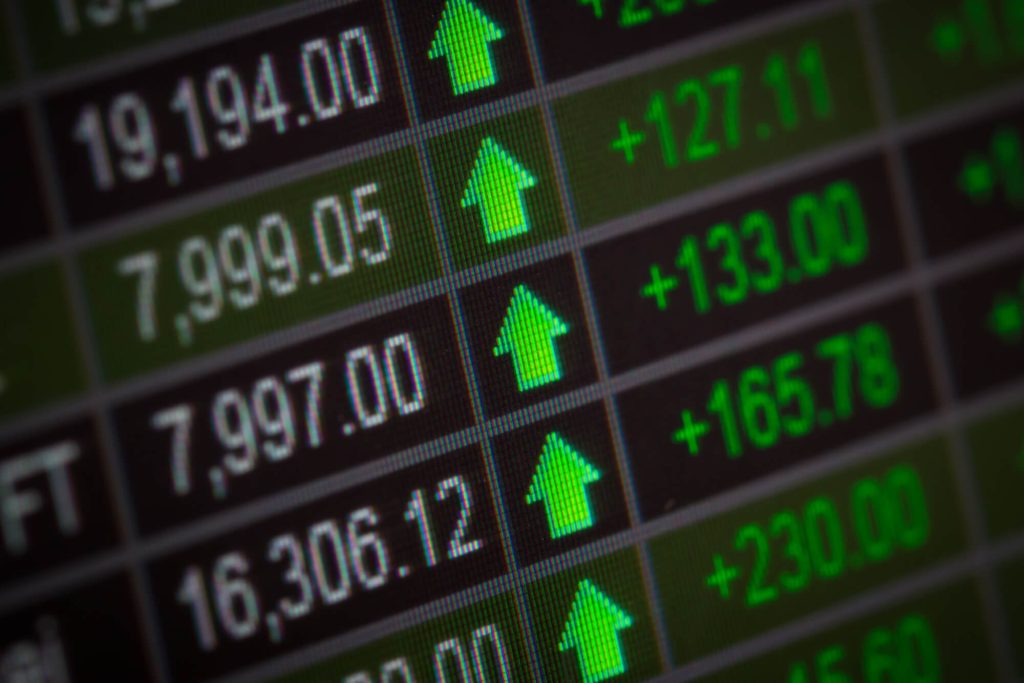
Introduction
The fight against inflation is far from over, as the world’s largest capital management firm, the Federal Reserve, contemplates raising interest rates by 2-4 more times. This decision will have significant implications for various assets and trading strategies. In this article, we will analyze the potential impact of these interest rate hikes and provide trading recommendations based on the current economic outlook.
Interest Rate Hikes and Their Effects
The Federal Reserve’s plan to raise interest rates multiple times can result in a stronger US dollar and higher US bond yields. Consequently, dollar-related assets will be favored, while non-dollar-related assets may face challenges. To align with this expectation, it is advisable to increase positions in USD assets, such as US stocks and bonds, while reducing positions in non-USD assets like gold and crude oil.
Inflation and Asset Allocation
Persistent high inflation often leads to a decrease in real interest rates, favoring inflation-sensitive assets and posing challenges for inflation-insensitive assets. In response to this scenario, increasing positions in inflation-sensitive assets like commodities and real estate is recommended. Conversely, reducing positions in inflation-insensitive assets such as cash and bonds may be prudent.
Economic Growth and Risk Appetite
Considering the low risk of a US recession, expectations for economic growth and corporate earnings remain positive. This environment generally benefits assets with higher risk appetite and may negatively impact assets with lower risk appetite. As a result, increasing positions in higher risk-appetite assets like equities and emerging markets, while decreasing positions in lower risk-appetite assets like gold and safe-haven currencies, is a suitable strategy.
Larry Fink’s Insights
BlackRock CEO Larry Fink emphasized that the Federal Reserve is not finished with interest rate hikes due to persistently high and sticky inflation. He anticipates that inflation will remain between 4 and 5 percent for an extended period, partly influenced by the lingering effects of government stimulus measures. Fink’s assessment is indicative of the ongoing battle against inflation and the necessity for further interest rate adjustments.
Views of Former Treasury Secretary and Federal Reserve Officials
Former US Treasury Secretary Lawrence Summers concurs with the need for additional interest rate hikes, citing lower-than-expected curbs on the economy by previous rate increases and pressures on the banking sector. Summers believes that the Federal Reserve may have to raise the federal funds rate further to alleviate price pressures.
While some Federal Reserve officials have advocated for a temporary pause in interest rate hikes to gather more data on the economic outlook, such as Fed Vice Chairman Philip Jefferson and Philadelphia Fed President Harker, it should be noted that this does not imply that the current rate hikes have reached their peak.
Impact on the US Dollar’s Reserve Currency Status
Larry Fink expressed concern that the recurring US debt ceiling crisis is undermining investors’ perception of the United States and potentially jeopardizing the dollar’s reserve currency status. The effectiveness and strength of the dollar are now being questioned due to the ongoing situation.
Disclaimer
The information and opinions provided in this article are for informational purposes only and do not constitute investment advice or recommendations. Any investment decisions made based on this information are solely the responsibility of the investor. We are not liable for any losses incurred from the use of or reliance on the provided information. Investors should conduct their own research, evaluate markets and securities, and make decisions based on their individual risk tolerance and financial situation.
Please note that investing involves risk, and it is important to carefully consider investment objectives and seek professional advice before making any investment decisions.




